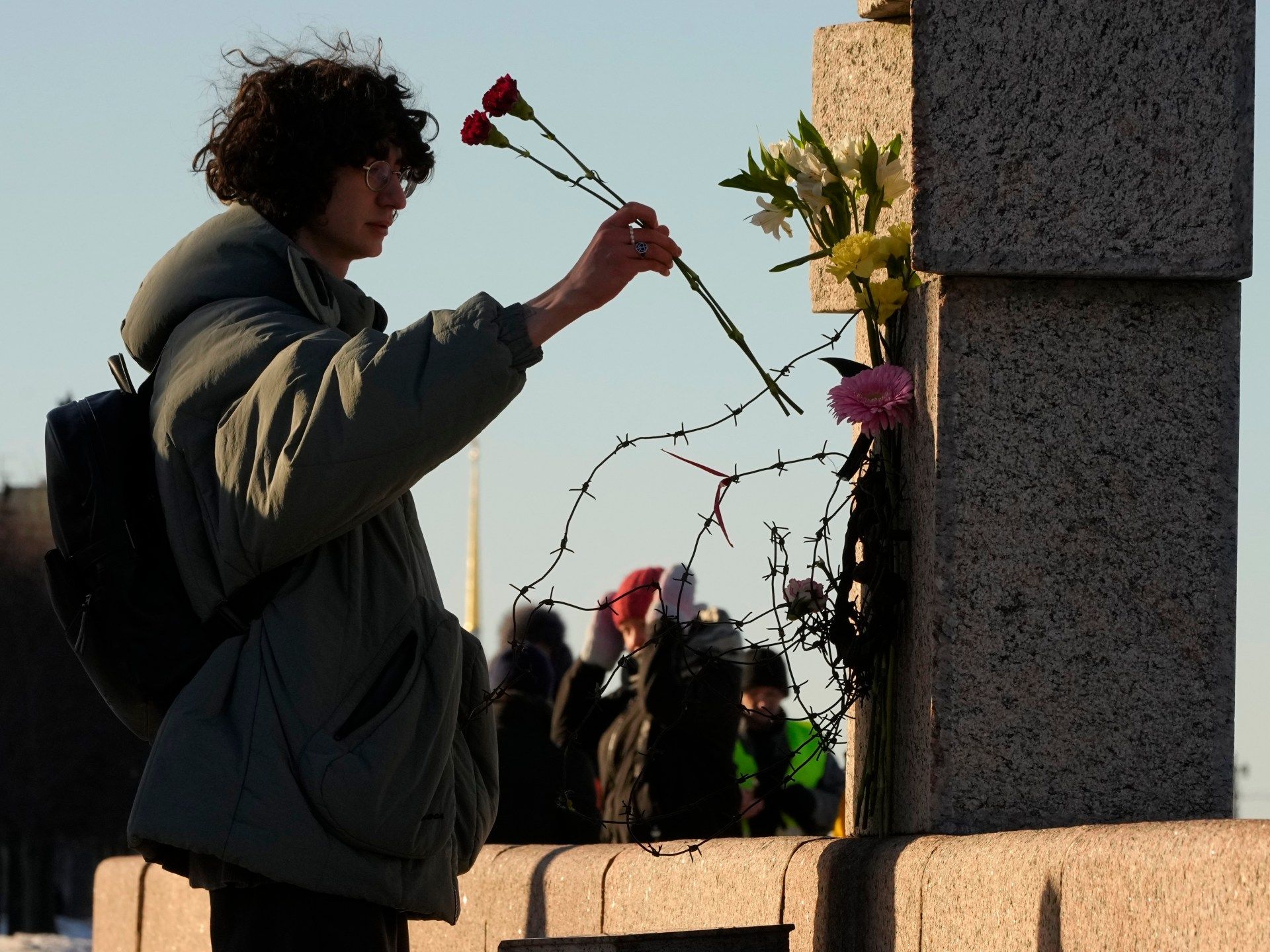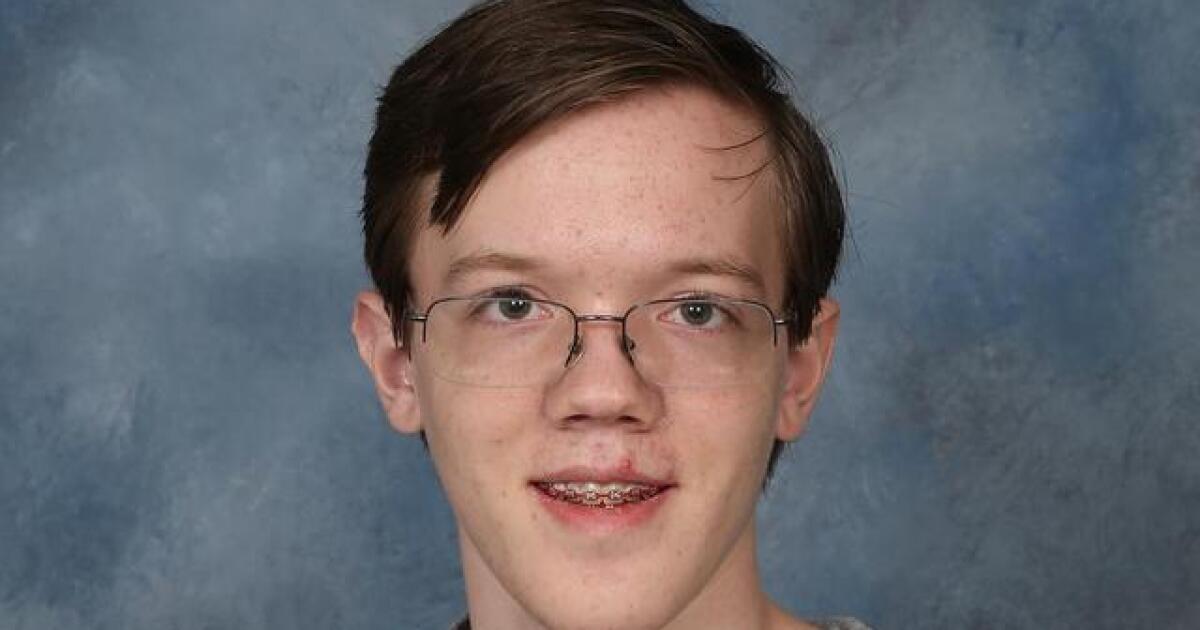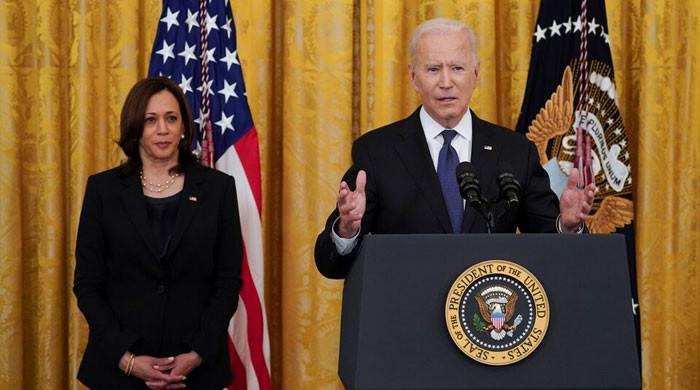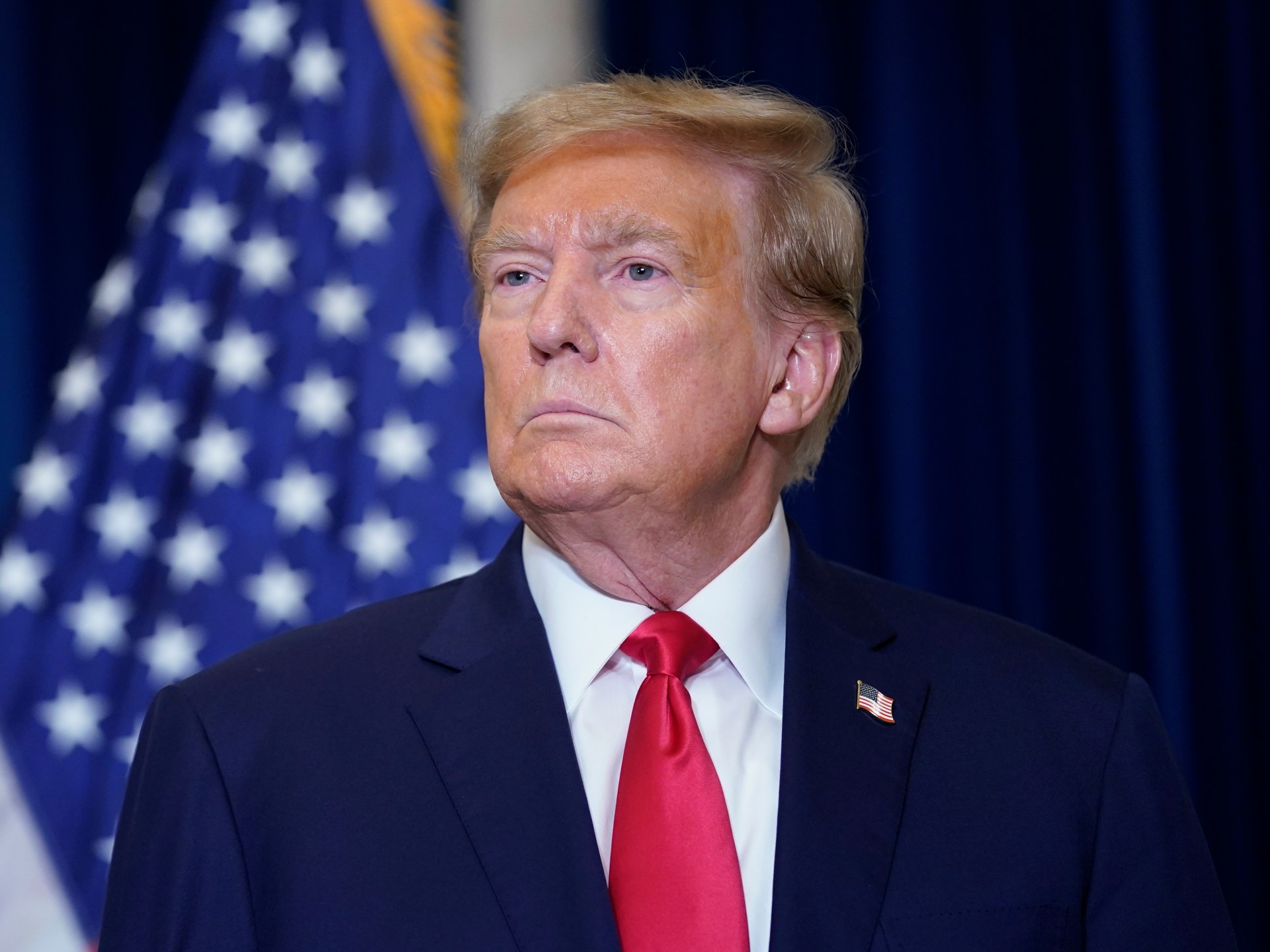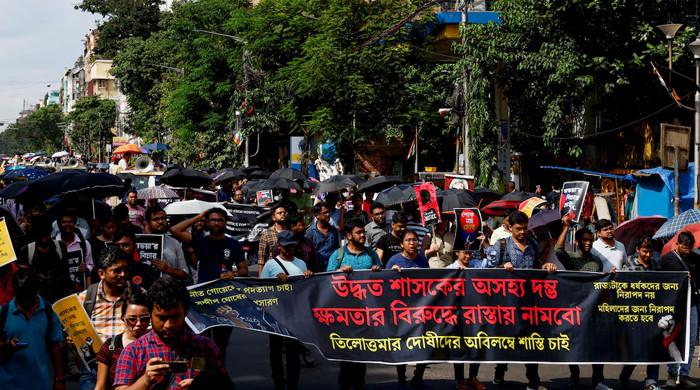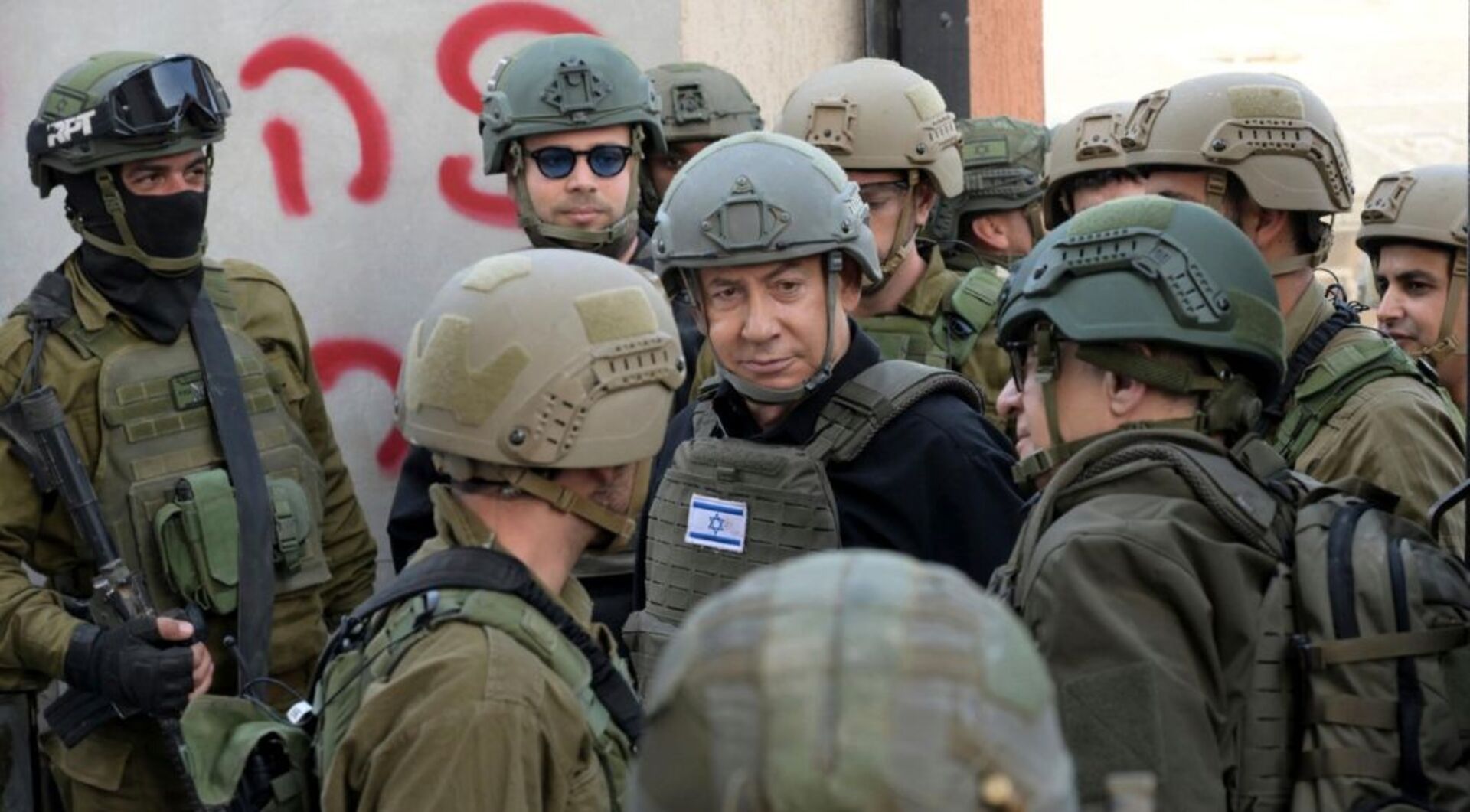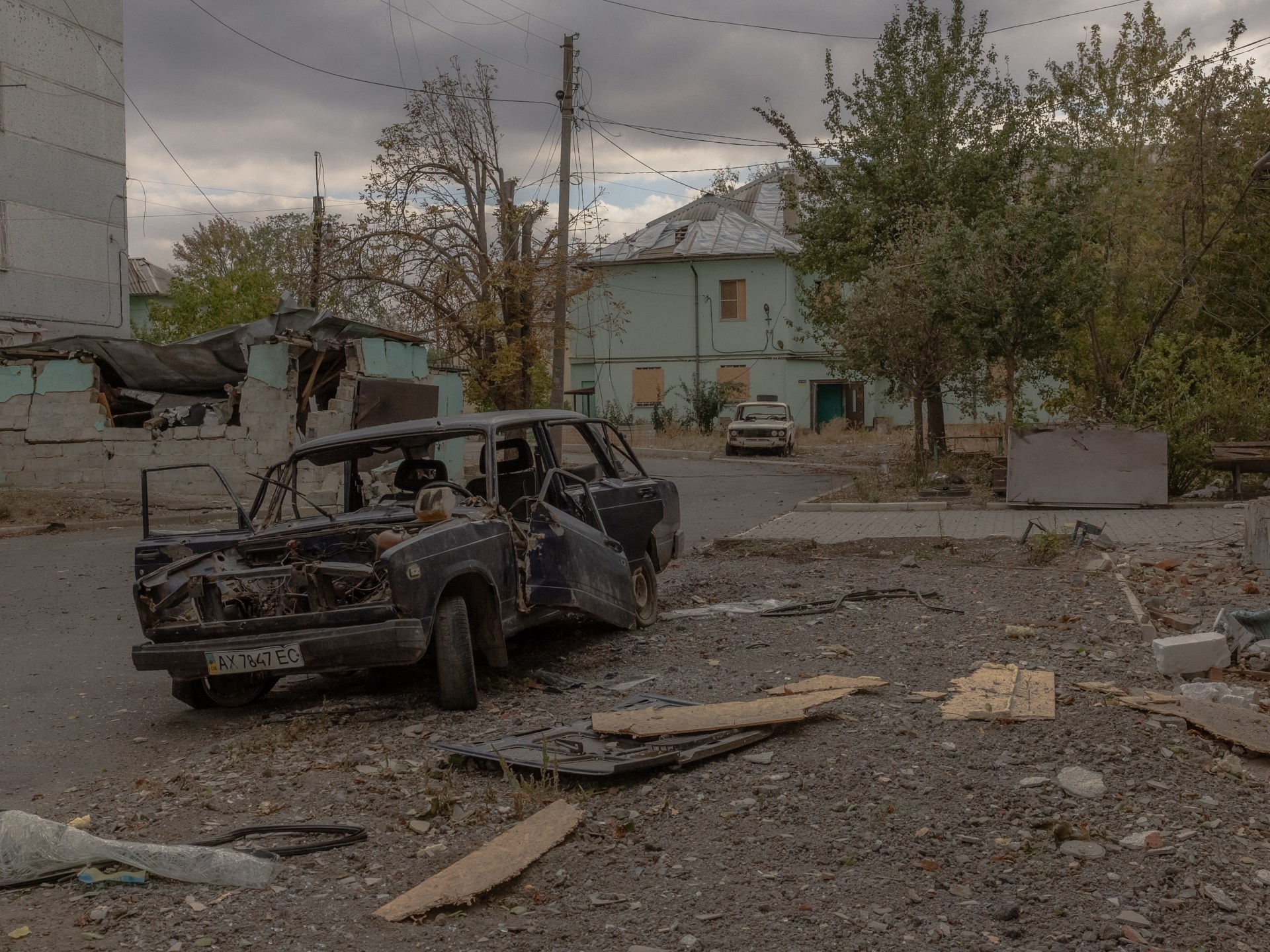Yulia Navalnaya, widow of the late Russian opposition leader Alexey Navalny, will meet European foreign ministers in Brussels on Monday, the European Union's foreign policy chief said.
Navalny, 47, President Vladimir Putin's most prominent domestic foe, died in a Russian prison on Friday after spending more than three years behind bars, sparking outrage and condemnation from Western leaders and their supporters.
“On Monday I will welcome Yulia Navalnaya to the EU Foreign Affairs Council,” Josep Borrell said late Sunday on X.
“EU ministers will send a strong message of support to freedom fighters in Russia” and “honor” Navalny's memory, he said.
Earlier on Sunday, Navalnaya shared a post on Instagram showing a photo of the two together, with their heads touching while watching a performance.
“I love you,” she wrote in the post two days after her husband's death.
He brought a personal note to the loss that he expressed more formally on a public stage just hours after the Russian prison service announced Navalny's death.
Navalny, 47, fell unconscious and died on Friday after a walk through the “Polar Wolf” prison colony in the Arctic, where he was serving a three-decade sentence, the prison service said. There are still few details about why he died.
On Friday afternoon, Navalnaya appeared before an audience of leaders, diplomats and other officials at the Munich Security Conference, saying she had weighed whether to take the stage or leave immediately to be with the couple's two children, Daria and Zakhar. and decide who her husband would like her to talk to.
If the news of his death was true, Navalnaya, 47, said: “I want Putin, his entire entourage, Putin's friends, his government to know that they will take responsibility for what they did to our country, to my family. , to my husband.”
Hundreds arrested
Navalny's sudden death was a crushing blow to many Russians, who had pinned their hopes for the future on Putin's fiercest enemy.
Navalny continued to voice his relentless criticism of the Kremlin even after surviving nerve agent poisoning and receiving multiple prison terms.
His death came a month before presidential elections in Russia that are expected to give Putin another six years in power.
Hundreds of people in dozens of Russian cities attended ad hoc memorials and monuments to the victims of political repression on Friday and Saturday with flowers and candles to pay tribute to the politician.
In more than a dozen cities, police detained 366 people on Sunday night, according to the human rights group OVD-Info, which tracks political arrests and provides legal assistance.
More than 200 arrests were made in St. Petersburg, Russia's second-largest city, the group said.
Among those detained was Grigory Mikhnov-Voitenko, a priest of the Apostolic Orthodox Church – a religious group independent of the Russian Orthodox Church – who announced on social media plans to hold a memorial service for Navalny and was arrested on Saturday by the tomorrow in front of his house. .
He was accused of organizing a demonstration and held in a holding cell at a police station, but was later hospitalized with a stroke, OVD-Info reported.
St. Petersburg courts ordered 42 of those detained Friday to serve between one and six days in jail, while nine others were fined, court officials said late Saturday.
In Moscow, at least six people were sentenced to 15 days in jail, according to OVD-Info.
Questions remain
Questions about the cause of death persist and it remains unclear when authorities will be able to hand over Navalny's body.
More than 12,000 people have submitted requests to the Russian government to have the politician's remains handed over to his relatives, OVD-Info reported on Sunday.
Navalny's team said Saturday that the politician was “murdered” and accused authorities of deliberately delaying the release of the body, and Navalny's mother and her lawyers obtained conflicting information from several institutions they turned to in their quest to recover the body.
Russian authorities viewed Navalny and his supporters as extremists with ties to the CIA intelligence agency in the United States, which they say seeks to destabilize Russia. Navalny always dismissed accusations that he was a CIA asset.

